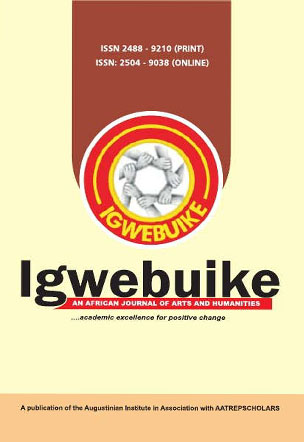
Vol. 11 No. 3, 2025
ABSTRACT
This study examines the Apostle Paul’s theology of reconciliation in 2 Corinthians 5:11–21 as a missiological mandate for the contemporary church, arguing that the text’s radical vision of katallagē (reconciliation) transcends individual spirituality to address systemic fractures in the 21st-century global church. Through exegetical analysis of key Greek terms— katallagē (reconciliation), kainē ktisis (new creation), and presbeuomen (ambassadors)—the paper demonstrates how Paul redefines reconciliation as both a divine act and a communal ethic, challenging the Corinthian church’s factionalism and Roman imperial hierarchies. The study further bridges biblical theology and contemporary praxis by interrogating modern obstacles to reconciliation, including racial segregation, political polarization, and ecological exploitation. By employing a tripartite methodology—exegesis, historical theology, and global case studies (e.g., post-genocide Rwanda, Brazil’s evangelical-political divide)—the paper reveals how the church’s failure to embody Paul’s “ministry of reconciliation” (5:18) perpetuates societal fragmentation. Conversely, it highlights transformative models such as Colombia’s Mennonite peace communities and Australia’s #Just Churches movement, which operationalize 2 Corinthians 5 as a blueprint for justice-oriented discipleship. The study concludes that reconciliation, as a missiological imperative, demands the church confront its complicity in systemic sin and reimagine its vocation as an agent of Christ’s “new creation” (5:17). This interdisciplinary approach advances Pauline scholarship by synthesizing soteriological, ecclesiological, and socio-political discourses, offering a timely critique of reductionist, individualized interpretations of reconciliation.
